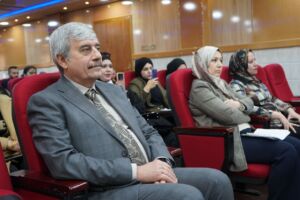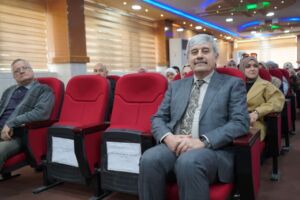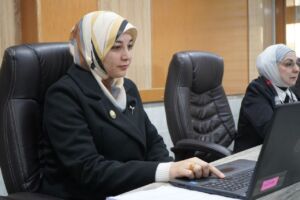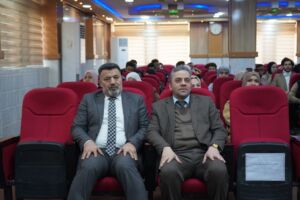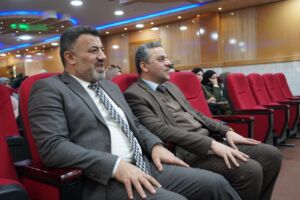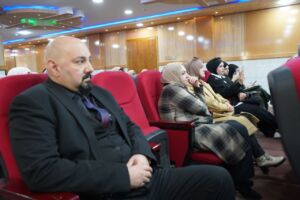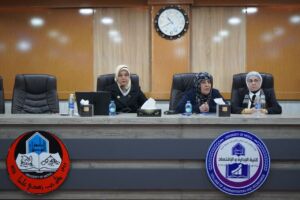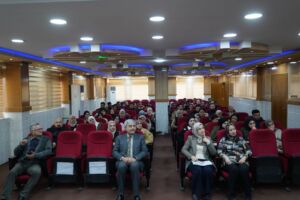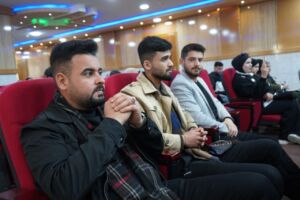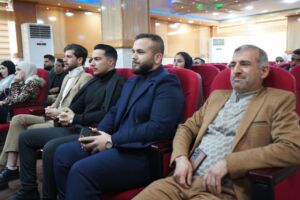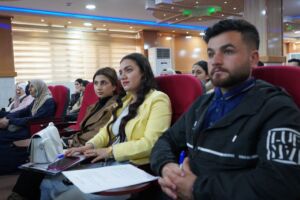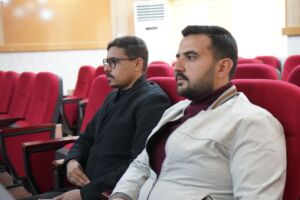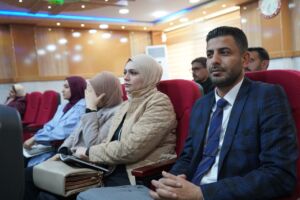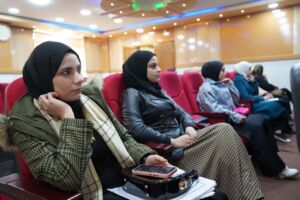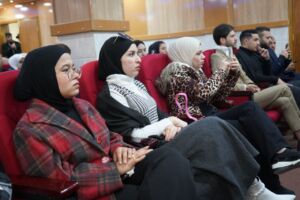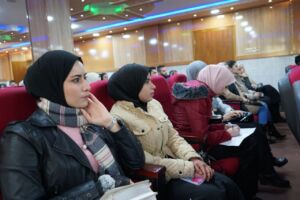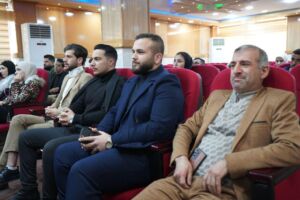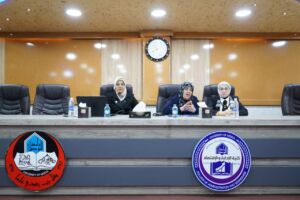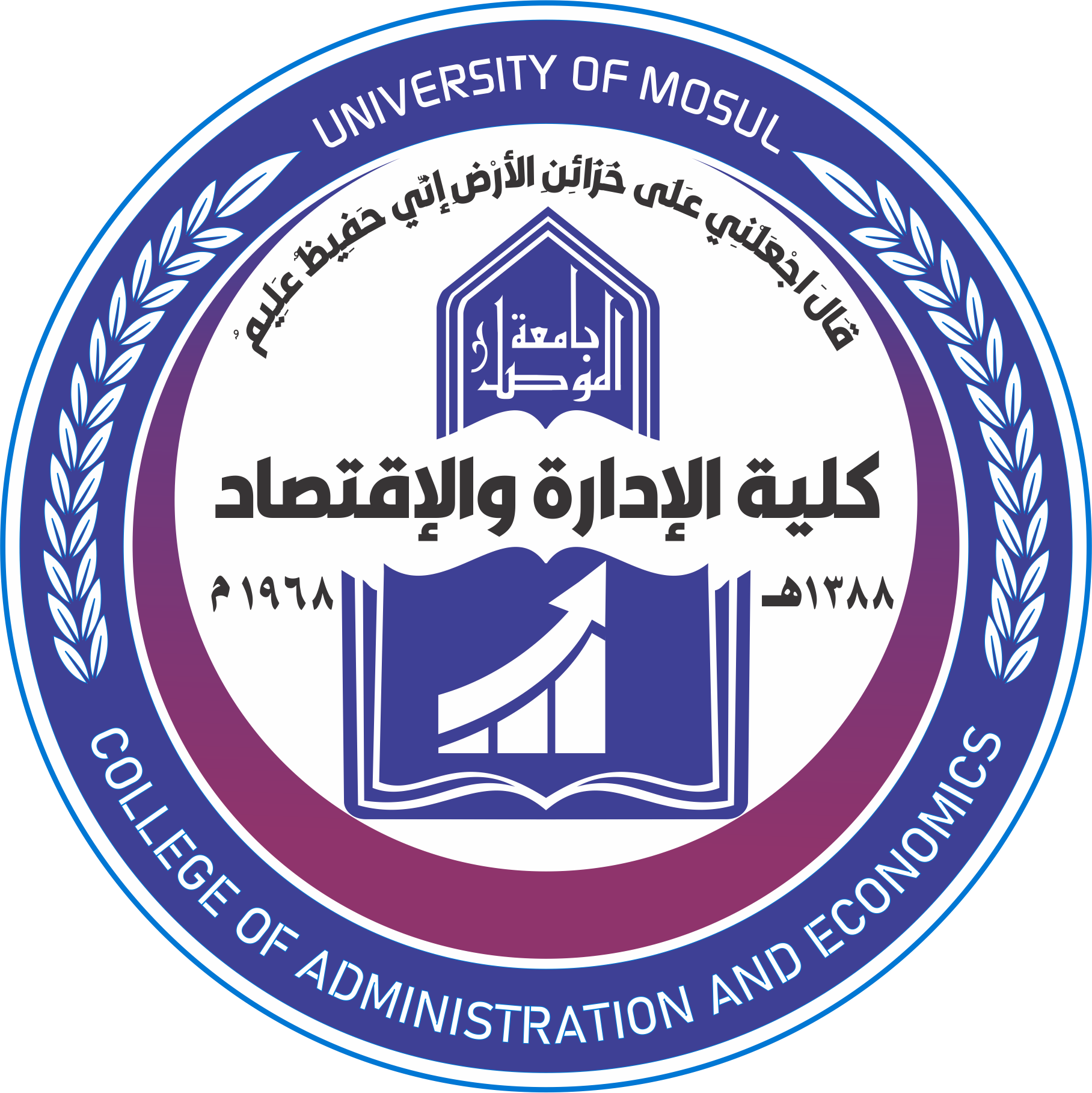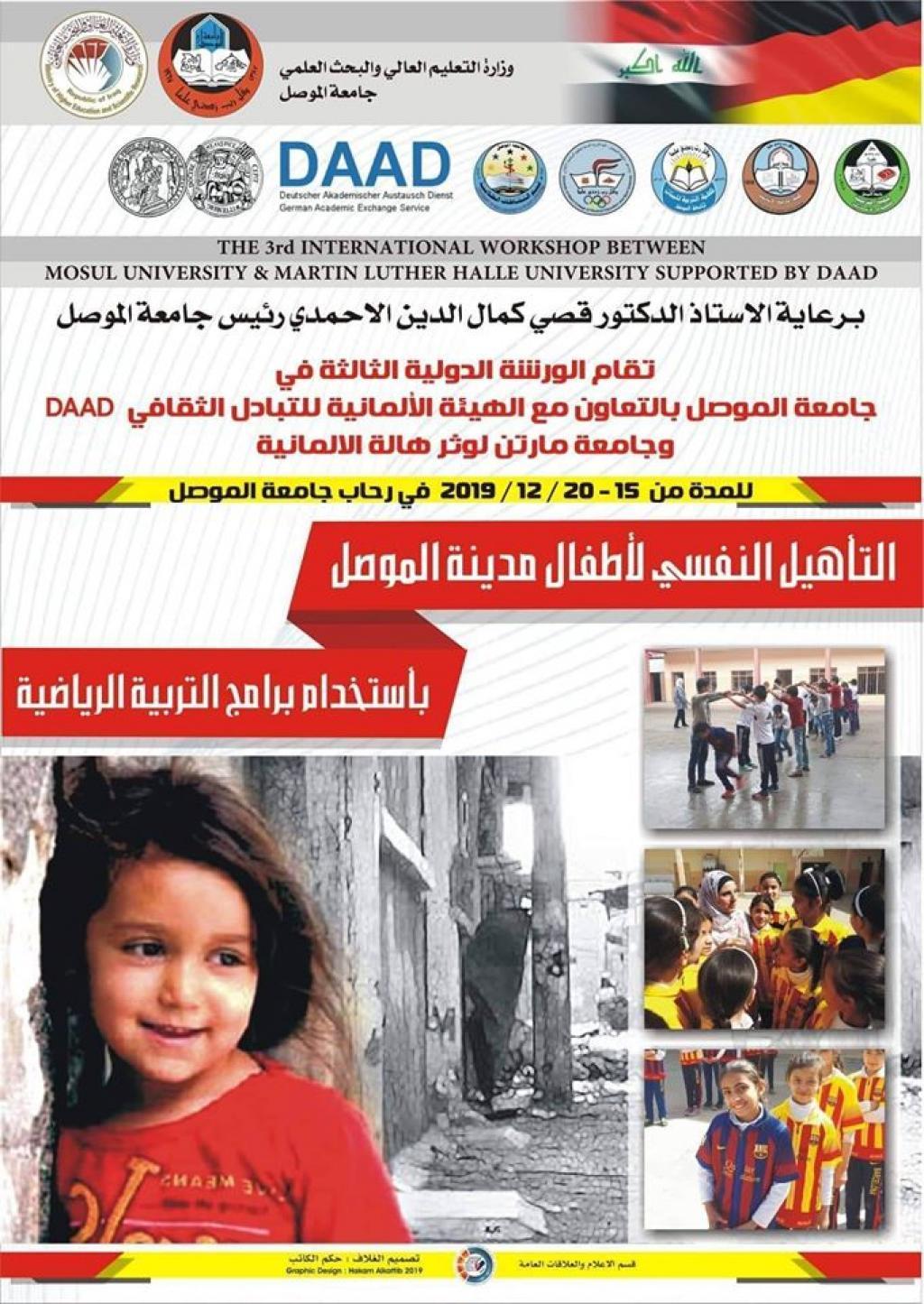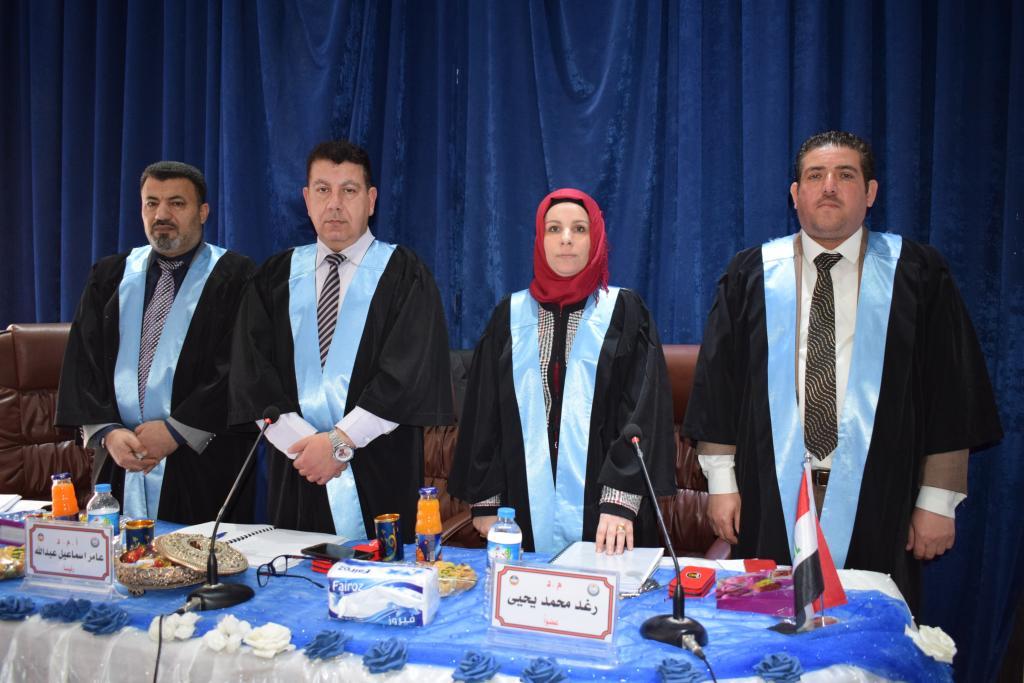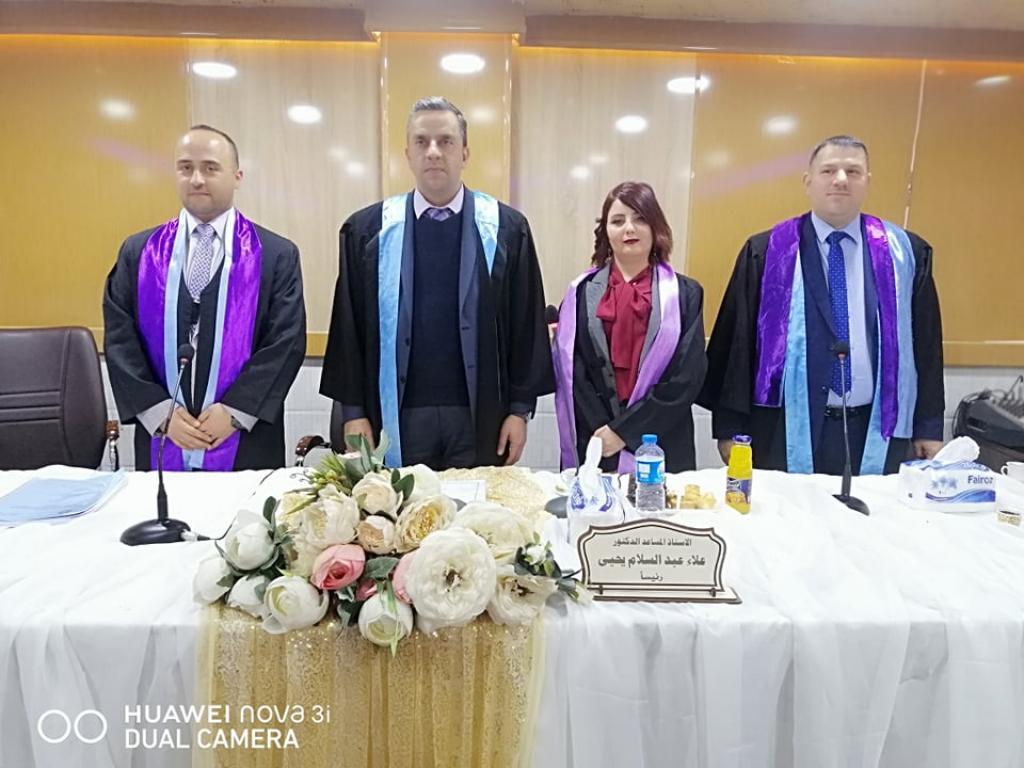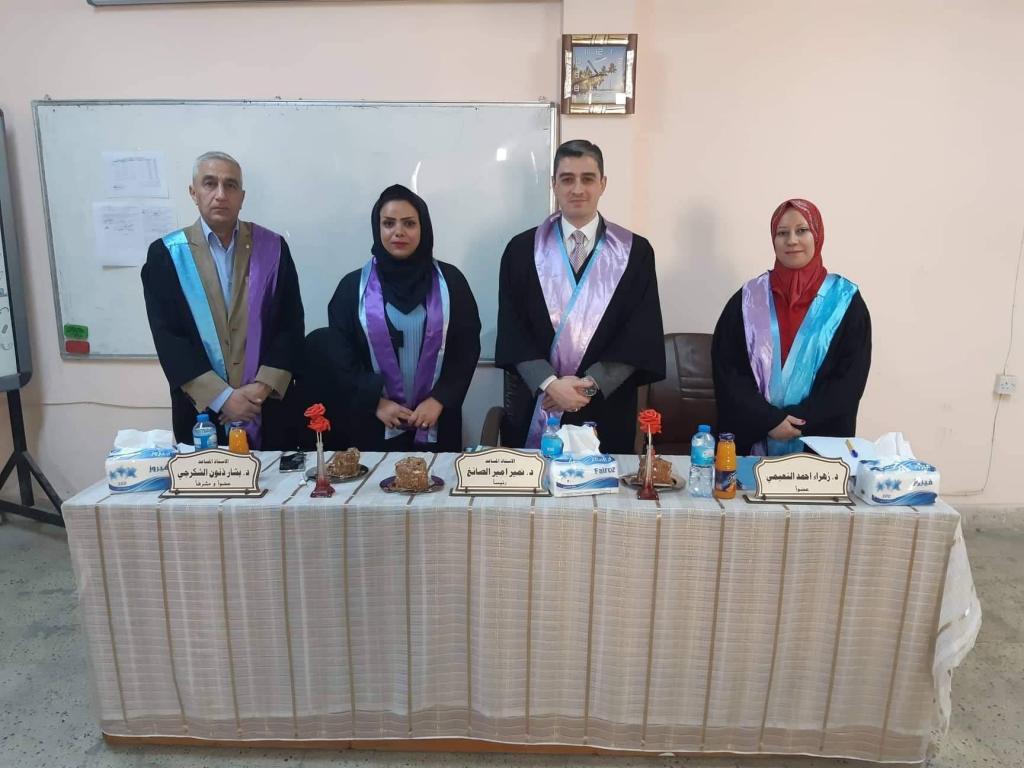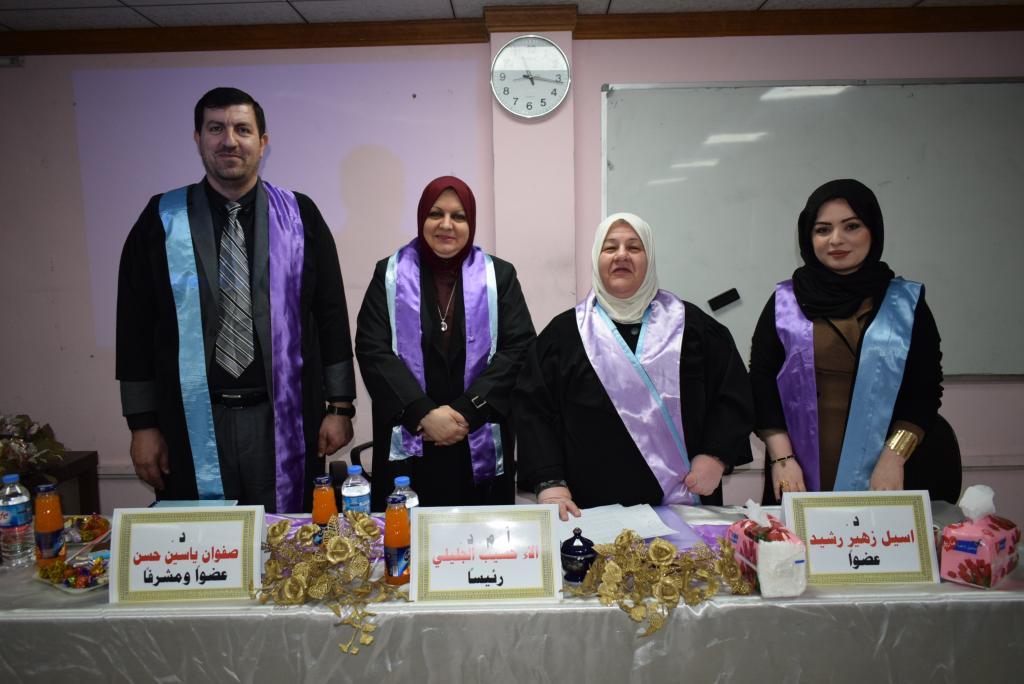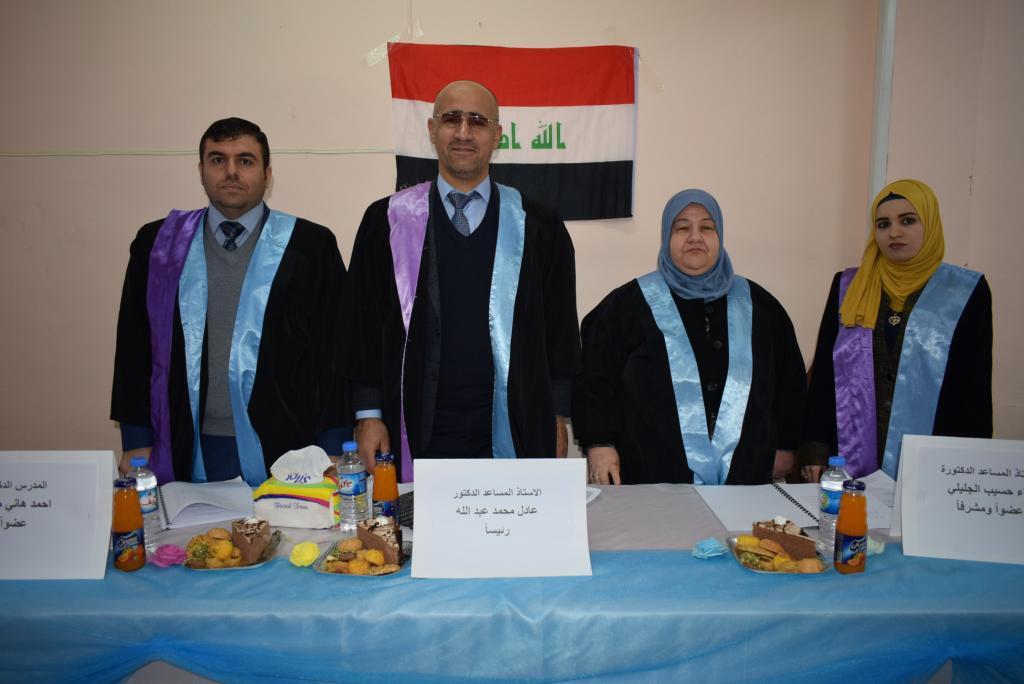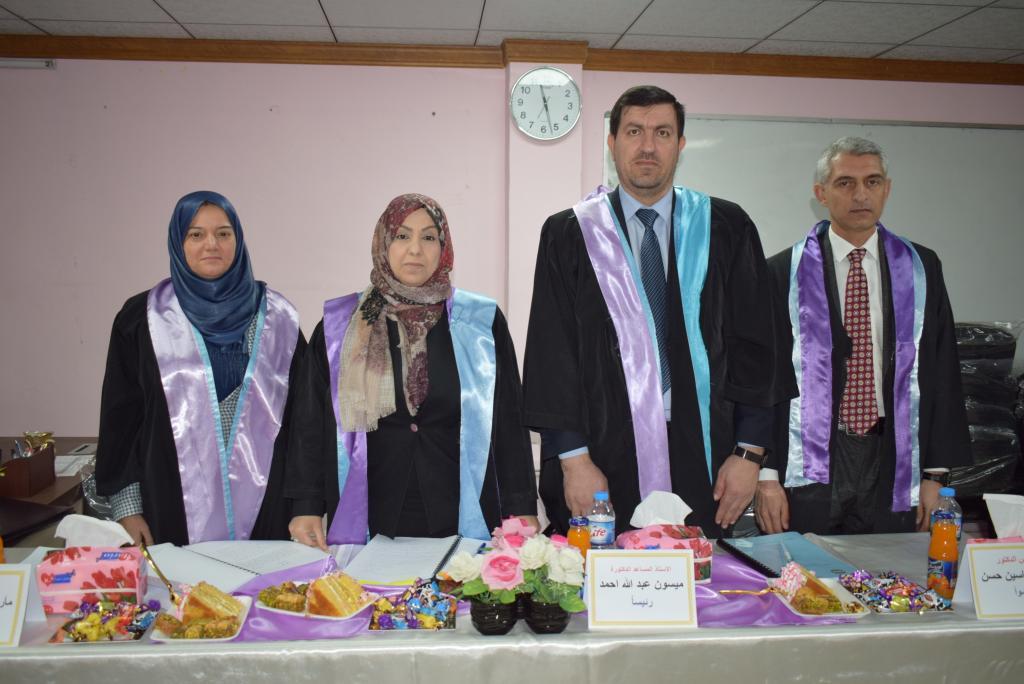13 February، 2025
Harassment in Universities and Ways to Avoid it…
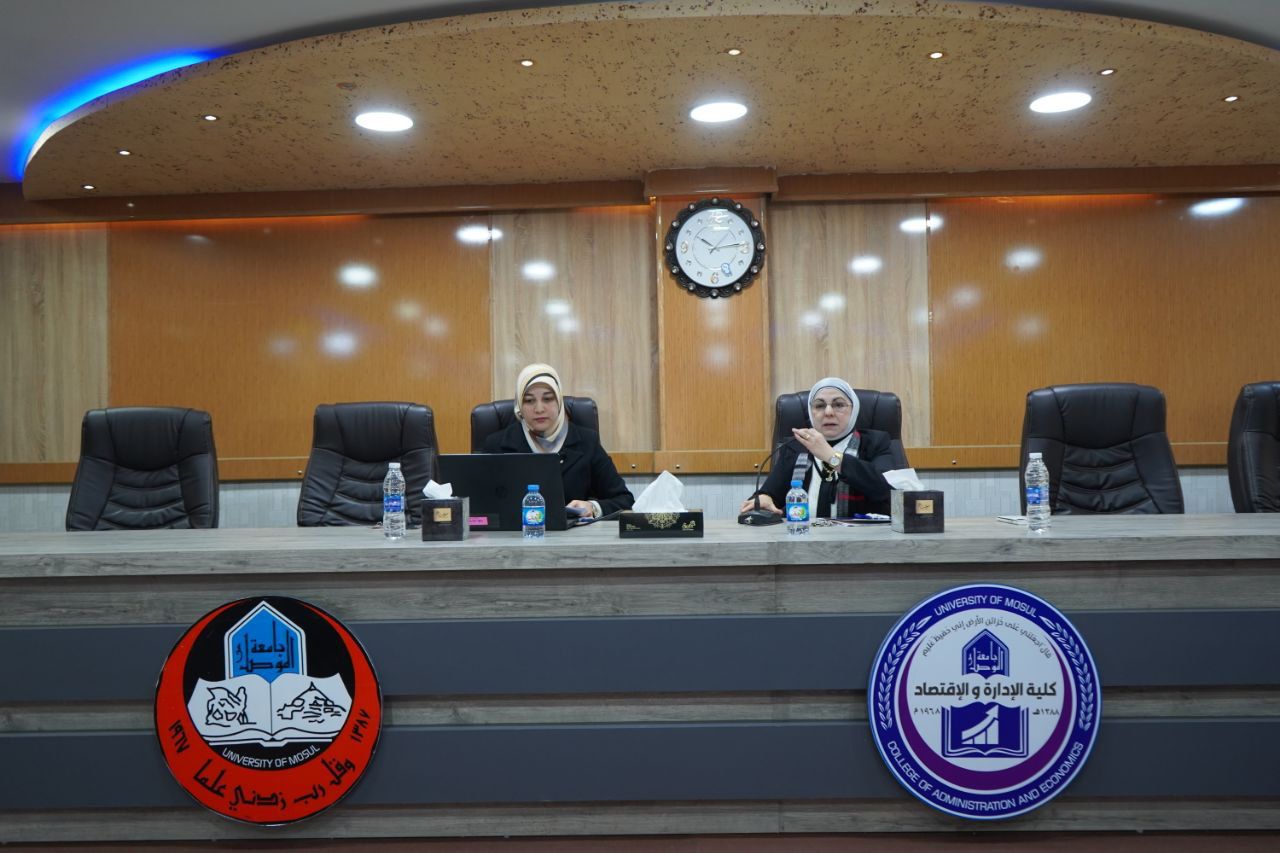
Under the patronage of the President of the University of Mosul, Professor Dr. Wahid Mahmoud Al-Ibrahimi ,and under the supervision of the Dean of the College of Administration and Economics, Professor Dr. Thaeir Ahmed Saadoon Al-Samman, and based on the implementation of the third national plan for women and peace, the Marketing Management Department at the College of Administration and Economics, in cooperation with the Women’s Affairs Unit at the Presidency of the University of Mosul, organized the first educational workshop entitled “Harassment in Universities and Ways to Avoid It”, on Thursday, February 13, 2025, in Discussion Hall No. (1) at ten o’clock in the morning, in the presence of the Dean of the College, the Dean’s assistants for scientific and administrative affairs, and a number of college professors and students.
Workshop Activities
The workshop was opened by Assistant Professor Dr. Manal Abdul Jabbar Al-Samak, Head of the Marketing Management Department, where she discussed the concept of the phenomenon of harassment, its importance, and the extent of its danger to society in general, and to the university campus in particular.
Afterwards, Assistant Professor Dr. Kubra Mohammed Taher, Head of the Educational and Psychological Counseling Unit at the College, gave the second lecture, which discussed the psychological and social aspects related to harassment.
The workshop was concluded by Ms. Linda Khaled Mohammed Al-Khafaf, a member of the Social Relations Committee in the Marketing Management Department, with a lecture that addressed preventive measures to reduce this phenomenon and mechanisms to combat it.
Workshop objectives and contents:
The workshop aimed to clarify the phenomenon of harassment in universities, and to show effective ways to avoid it, as harassment is an unacceptable and unwanted behavior that may include sexual assault or behavior that causes inconvenience or embarrassment to others, especially when this behavior is related to sex or gender.
Types of harassment include:
Verbal harassment
Physical harassment
Electronic and online harassment
Workplace harassment
Public harassment
Gesture harassment
The workshop also discussed the causes of harassment, including:
The prevailing culture in society and social upbringing
Personal factors such as feelings of inferiority, anger, or aggression
As for the effects of harassment, they vary between psychological effects such as post-traumatic stress disorder, depression, anxiety, eating disorders, drug and alcohol abuse, and sometimes suicide, and social effects such as isolation, difficulty working and studying, and problems in personal relationships.
The workshop stressed the need to enhance community awareness of the dangers of harassment and the importance of building relationships based on mutual respect and consent. It also emphasized the role of universities in creating a safe environment for their students and staff, by implementing strict policies against harassment and providing the necessary support to victims.
In conclusion, the participants recommended the need to intensify awareness-raising efforts and adopt effective strategies to protect individuals on campus, to ensure a safe and secure educational environment for all.
